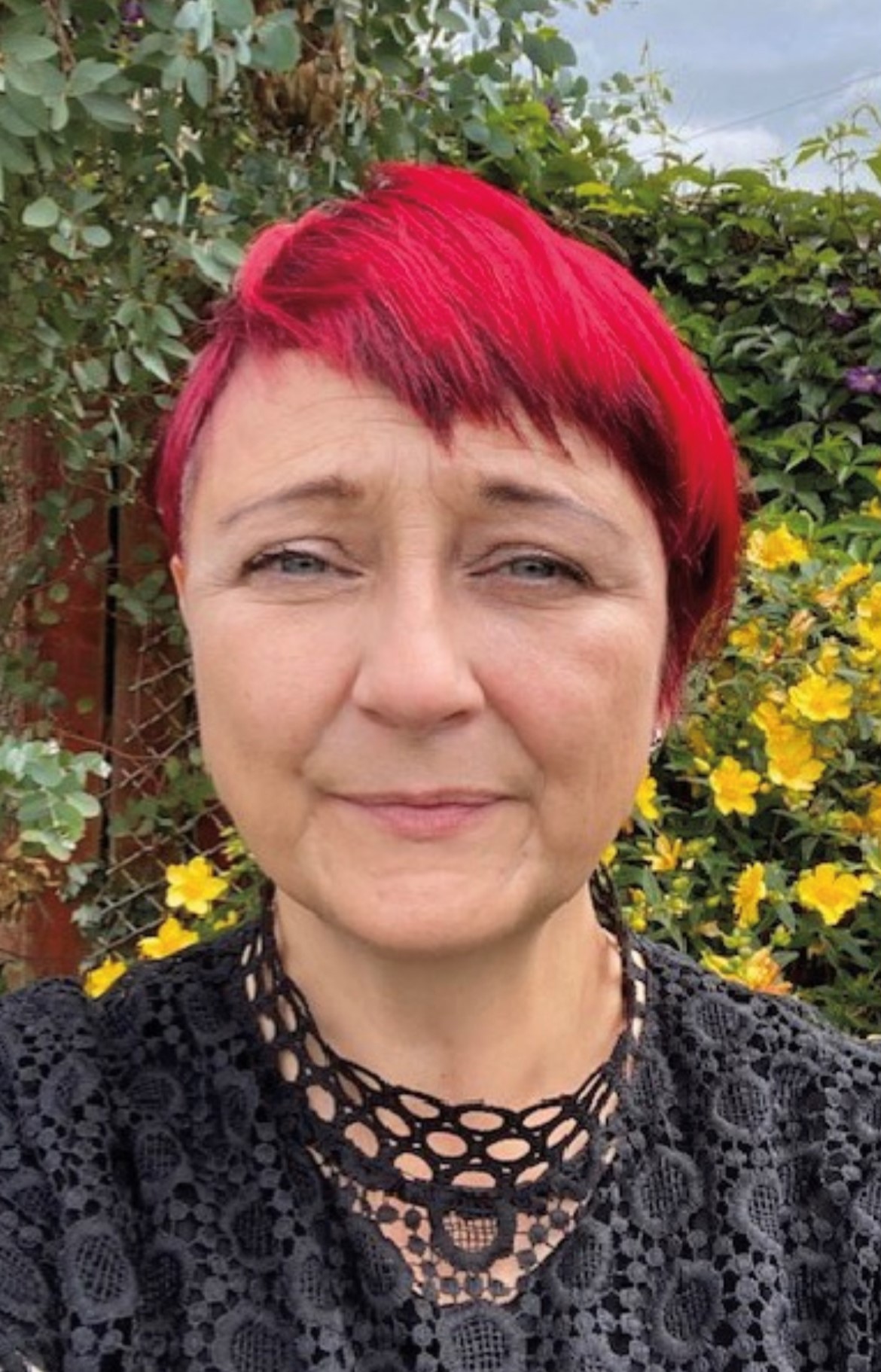28 March 2024
“SDS can help put people in the driving seat of their own lives”
Linda Tuthill, Chief Executive of the Action Group and contributor to our Insights Podcasts series, on the blocks that must be removed to ensure Self-Directed Support can be truly empowering
I am passionate about people who use any services having the power and control in their own hands. There are many ways this can happen, through person-centred support services, involvement, and self-advocacy support.
A main way is for the person to have the money in their own hands or in their own name, managed in a way that gives them as much control and flexibility as possible. It also means giving people the choice to not have this if that is not where they are at in their life. It should never be forced on anyone. But instead, if the right support is in place, it is hoped that more and more supported people and carers will opt for Self-Directed Support (SDS).
When done right, SDS is empowering and helps really put the person in the driving seat of their own lives and support. When done badly (i.e. the person isn’t given the support to know what they can buy with their money or there are not the options to buy etc) then nothing really changes.
Sadly, there are also a lot of blocks in the system preventing full implementation of SDS in Scotland, in the spirit of the Social Care (Self-directed Support) (Scotland) Act 2013. These include:
• Social workers not knowing about SDS
• SDS not being offered at assessment stage
• Bureaucracy being put in place with complicated systems to access SDS, putting off those who want support and organisations who feel unable to engage fully with SDS due to this complexity.
There are also simply the time and capacity barriers that people desperate for support face, that carers face and that staff in Councils and social care organisations face. This has potentially never been more of an issue as it is now due to post-pandemic pressures.
To really get SDS pushed forward we need investment in all parts of the system, including social care organisations that are often best placed to “sell” SDS and to provide innovative solutions to those who then have their own budgets. Without proper investment I am not optimistic that the postcode lottery of SDS take-up will improve beyond what Audit Scotland concluded in 2017.
However, as an optimist I hold on to the hope that the implementation gap will close further through the efforts of the many self-advocates and SDS organisations that exist to promote this important right for everyone who accesses social care now and in the future. My organisation will continue to play its part by continuing to work together with our many SDS funders, with options 1 and 2, and to empower others to move to SDS if this is what they want and help them to work with social work for this to happen.
CCPS’s ethical commissioning workstream, of which its Insights Podcasts series on SDS are a part, helps focus debate and energy around SDS. We need that energy so it doesn’t end up being just great legislation with continued poor or patchy implementation, but instead great legislation with great impact in the lives of everyone in Scotland – given that most of us need support at some point in our lives.
SDS matters to us all!
Listen to our Insights Podcast series. Linda appears on episode 2, which focuses on person-centred care and SDS.
Find out more about the Action Group.



